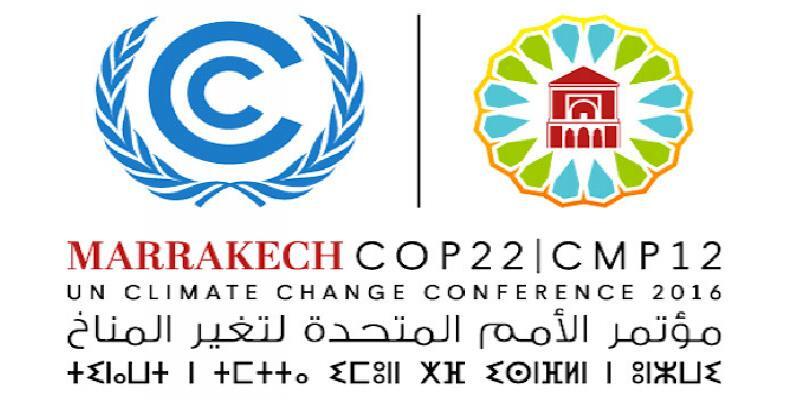Marrakech, November 15 (RHC)-- In Morocco, the second week of the 22nd United Nations climate change conference has is underway. Thousands marched for climate justice in Marrakech, as the UN conference was jolted by last week's election of Donald Trump in the United States, who has vowed to "cancel the Paris climate agreement and stop all payments of U.S. tax dollars to U.N. global warming programs."
As fears loom about what a Donald Trump White House will mean for the global fight against climate change, U.S. Secretary of State John Kerry says that Washington will do as much as possible to set the Paris climate accords in motion before the president-elect takes office.
The comments come after Reuters reported sources indicating that Trump -- a climate change denier who has suggested that global warming is a hoax created by China -- is looking at ways he could quickly scrap the Paris agreement that sets a roadmap for reducing greenhouse gas emissions and curbing global temperature rise.
The U.S. is one of 109 nations out of the 197 United Nations countries that has ratified the agreement, putting the world accord ahead of schedule for implementation. An anonymous source from Trump’s energy and climate policy transition team told Reuters that the president-elect is looking for ways to get around the four-year procedure to pull out of the deal.
“It was reckless for the Paris agreement to enter into force before the election," the source told Reuters, adding that alternatives in discussion included a presidential order to erase the U.S.’ signature from the deal or withdrawing directly from the 1992 Convention that is a parent treaty of the Paris agreement.
The United States had major influence in weakening the strength of the Paris climate accords at the COP21 summit last December by pushing for much of strongly-binding language to be swapped for voluntary commitments on issues such as climate financing.
Nevertheless, the United States is a key player in the global agreement that has been heralded by world leaders as a “historic” achievement for climate action, despite harsh criticism from activists that it fails to steer the planet away from a future dominated by fossil fuels. Many environmental groups — together with countries in the global south such as Ecuador and Bolivia — have argued for a climate justice approach that would make the countries historically responsible for fueling climate change, including the United States, carry the burden of financing the global transition to clean energy. The United States is responsible for just under 20 percent of global carbon emissions.
Sources from the transition team have only confirmed fears sparked by Trump’s upset victory — paired with Republican-controlled Senate and House — that the U.S.’s commitment to even modest climate action through the Paris agreement will be completely derailed. What’s more, climate change denier Sarah Palin has gotten the nod as a possible pick for Trump’s cabinet.
Trump is set to push U.S. toward more dirty energy extraction, not less, and could spell disaster for the environment, Native American and other racialized communities, and water resources. Trump plans to restart the controversial Keystone XL oil pipeline, overturning the Obama administration’s move to halt the project, and is also expected to plow ahead with the Dakota Access pipeline.
Thousands March for Climate Justice in Morocco for Second Week of COP 22


